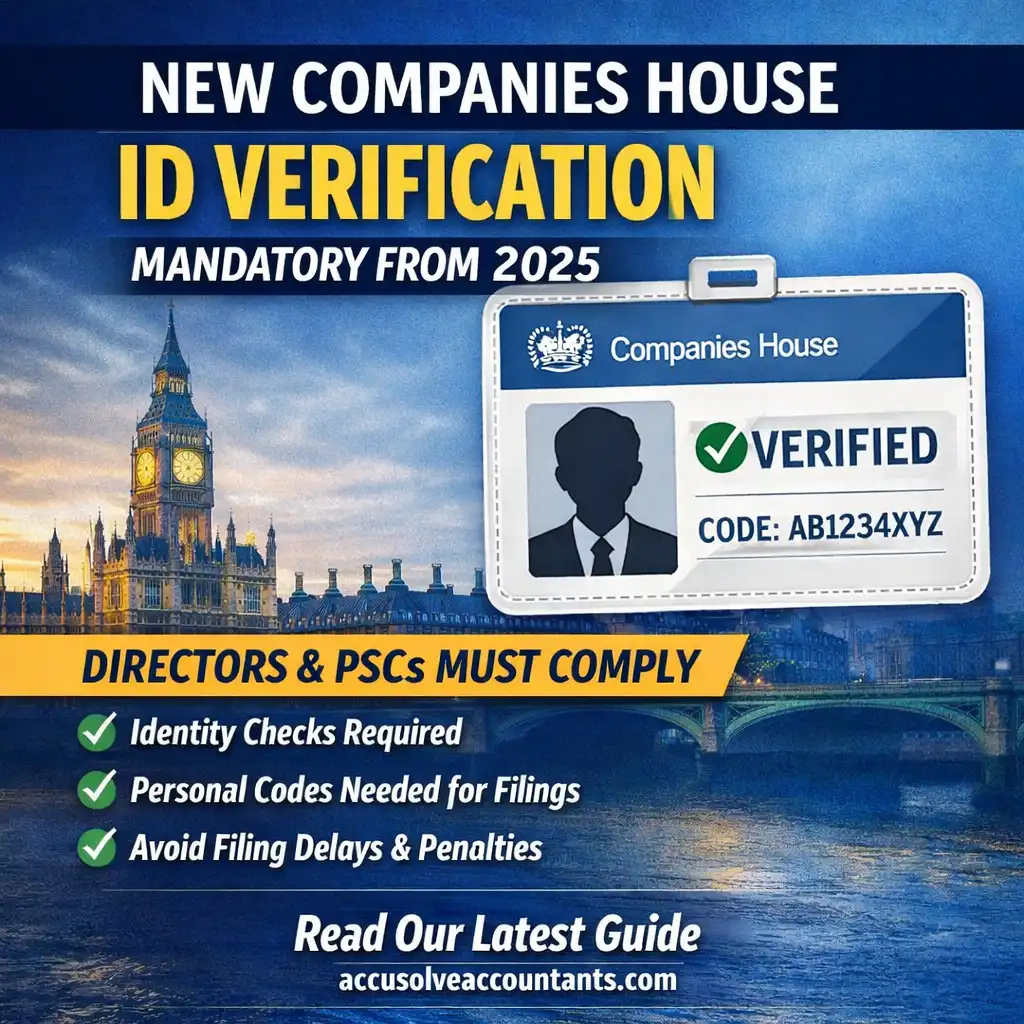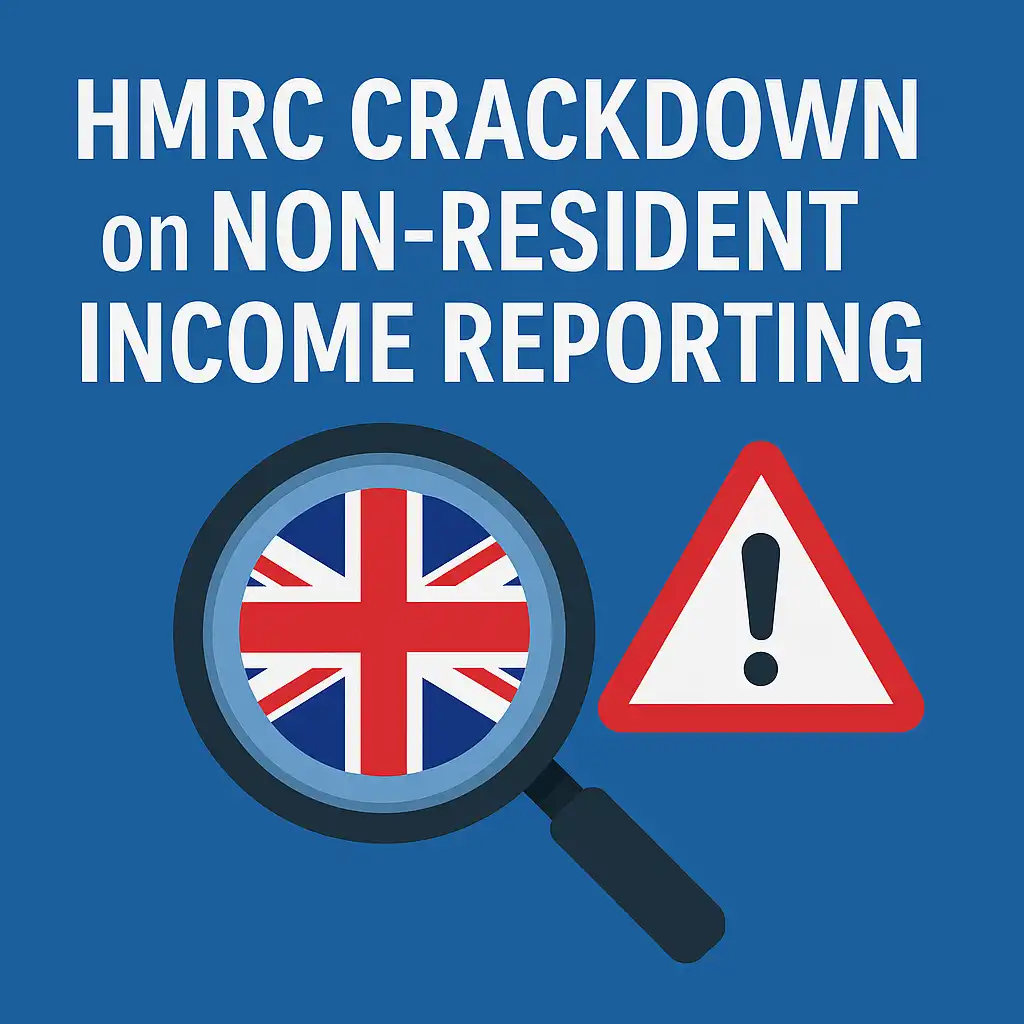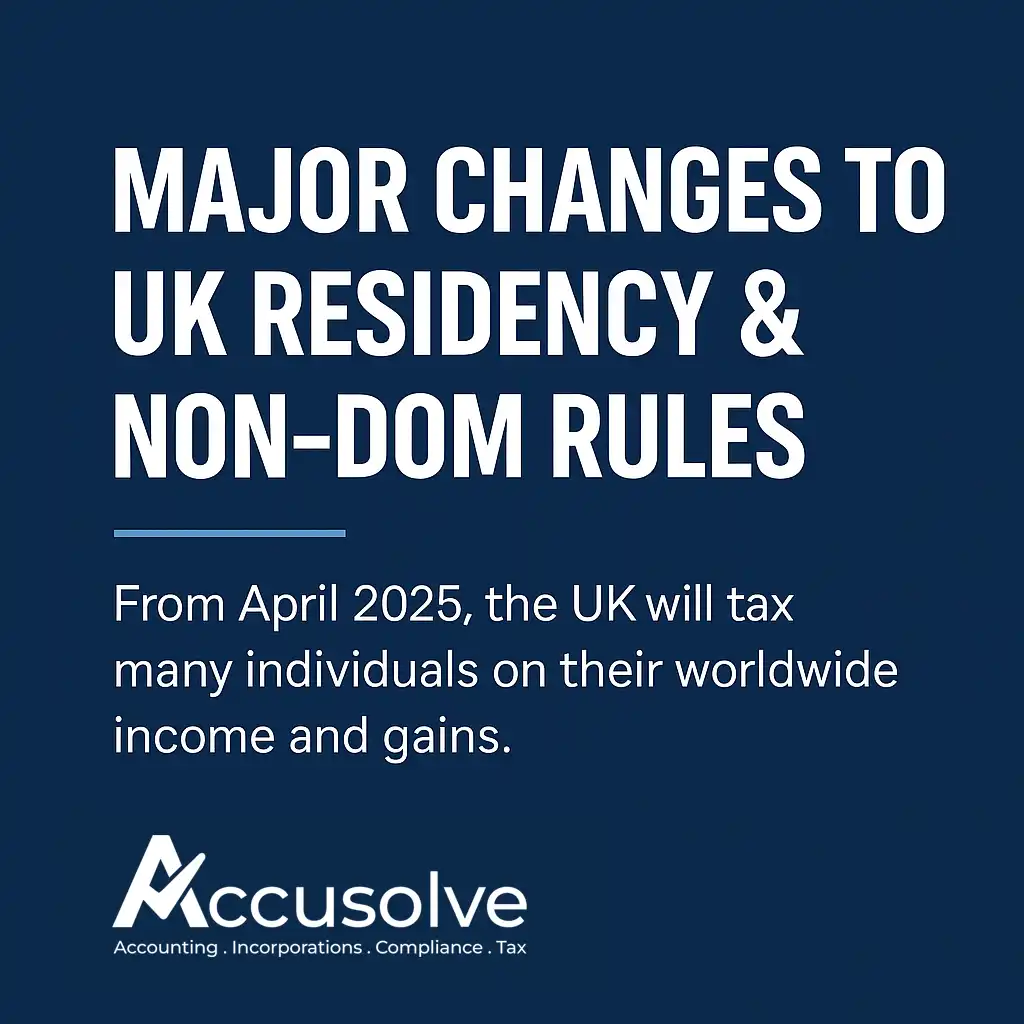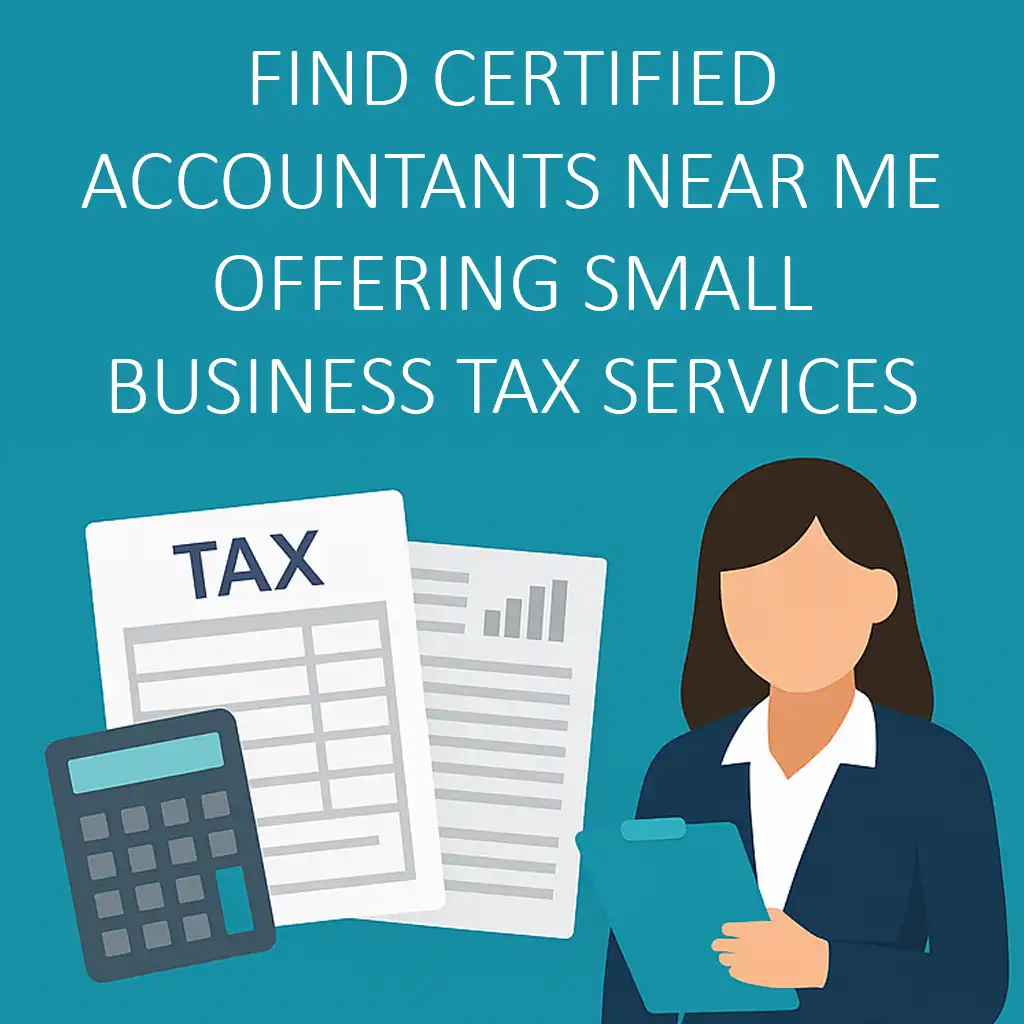What Does a Certified Accountant Do?
If you’re running a small business in the UK, you’ve probably wondered: what does a certified accountant do, and do I really need one? While some entrepreneurs try to handle their own accounts, working with a certified accountant can save time, reduce compliance risks, and provide valuable insights to grow your business. This guide explains the role of certified accountants, their responsibilities, and how they help UK small businesses succeed.

In the UK, anyone can call themselves an “accountant,” but only a certified accountant — qualified with bodies such as ACCA or AAT — is professionally regulated. They must follow strict ethical codes, carry professional indemnity insurance, and complete ongoing training. For small business owners, this means peace of mind that your finances are being managed to the highest standards.
What Does a Certified Accountant Do?
Certified accountants provide a wide range of services that go beyond bookkeeping. Their role includes:
- Compliance: Preparing statutory accounts and submitting them to Companies House and HMRC in line with key filing deadlines.
- Tax services: Advising on Corporation Tax, VAT, payroll taxes, and self-assessment for directors.
- Business planning: Creating forecasts and cashflow projections, and budgets.
- Advisory: Guiding business owners on structure, funding, and growth strategies.
- Risk management: Ensuring your business avoids penalties for late or incorrect filings.
Why Small Businesses Use Certified Accountants
Running a small business involves legal responsibilities. Directors are personally accountable for accurate filings, even if an accountant prepares them. Hiring a certified accountant helps small businesses:
- Stay compliant with Companies House deadlines and HMRC rules by keeping on top of all statutory filing dates.
- Save money through legitimate tax reliefs and allowances.
- Gain access to funding with investor-ready accounts and reports.
- Scale confidently with professional financial oversight, often via a virtual finance office or part-time CFO model.
Do You Legally Need a Certified Accountant?
No. UK law does not require a business to appoint a certified accountant. However, company directors are legally responsible for their records and tax submissions. A certified accountant reduces the risk of mistakes, penalties, and missed tax planning opportunities.
Accusolve: Helping UK Small Businesses Thrive
At Accusolve Accountants, we specialise in helping startups and small businesses manage compliance and plan for growth. Our services include VAT registration, payroll setup, ongoing accounting support, and tailored tax planning — all delivered with transparent pricing and expert advice. Accusolve is supervised for AML by AAT.








